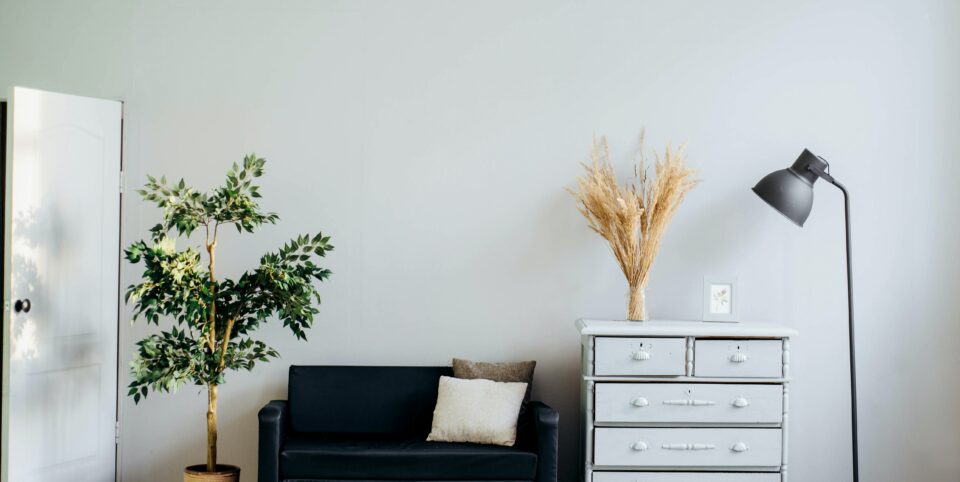Contact
020 4515 6728
info@ccameron.co.uk
Charles Cameron & Associates
Blackfriars Foundry
154-156 Blackfriars Road
London SE1 8EN
What are the five best ways to save for a house deposit?
February 18, 2020
Information published was correct at the time of writing
-

Saving for a deposit can be the first hurdle when starting your mortgage journey as a first-time buyer. Because without a mortgage deposit of at least five per cent (ideally, more) of your chosen property’s price, you may not get a mortgage. So getting on the property ladder has become increasingly difficult. So here are some of the best ways to save for a house.
Look into a Lifetime ISA
Now the government’s Help-To-Buy ISA has finished, first time buyers should look at the Lifetime ISAs (‘Lisa’), which lets anyone between 18 and 39 save up to £4,000 a year without paying income tax on the interest. Even better: if you use the money for a deposit to buy your first home or save for later life, the government will give you a 25 per cent bonus on top. A word of warning: if you take the money out for anything else apart from a house deposit (or retirement), you’ll be hit with a 25 per cent exit fee.
Set up a savings account
The simplest way to build your deposit is by using a savings account (current average interest rate: 1.5 per cent). However, the bank might stipulate how much you can put in, and may not let you take out the cash for at least 12 months. If that’s too restrictive, and you have less than a year to save money, use a flexible current account instead.
Cut back on rent
Paying rent is expensive and leaves a big dent in your finances. The options are therefore stark but straightforward. If you rent a two-bedroom place, move to somewhere smaller. If you’re in an expensive area, go to a less salubrious place. And if you can – and they’re willing to have you – move back in with your parents as you will no longer pay rent. Speaking of which…
Take a loan from the bank of mum and dad
Lenders look dimly on people using a bank loan for a deposit, so speak to your parents about whether they can lend you some extra money. Even if they don’t have a lump sum to give you, they may be able to use their own home to generate ‘equity release’ – ie: borrowing against the value of their property (up to 50 per cent of its value). To avoid future arguments, make sure you’re both clear about the repayment terms.
Reduce all your costs (even for the fun stuff)
It sounds like common sense – because it is – but the best way to start saving money is reducing your costs. Don’t upgrade your phone (get a SIM-only plan); ditch the summer holidays and weekends away; cut out expensive meals; buy a cheap bike so you can ride to work, and lose the satellite TV channels. It all adds up.



